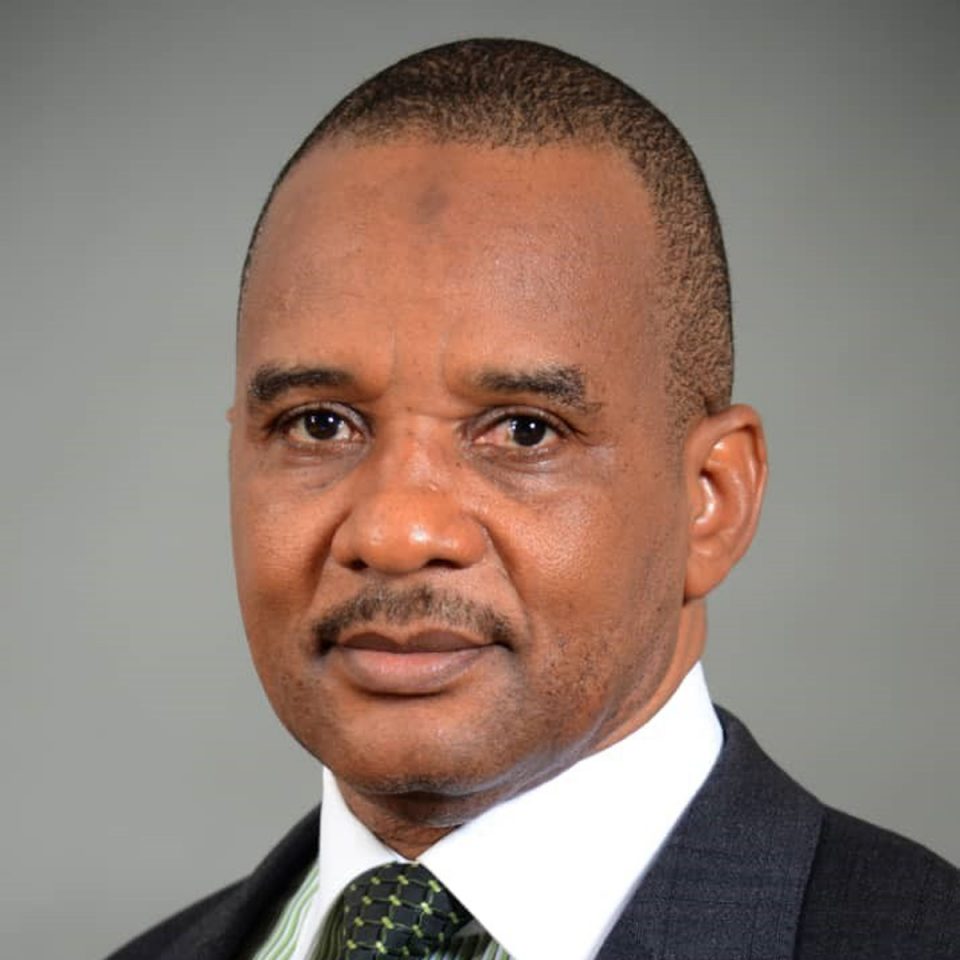Seeks removal from designated war risk zone
Determined to get Nigeria back into Category C of the International Maritime Organisation (IMO) after 12 years of failed bid for the Council, the Director-General of Nigeria Maritime Administration and Safety Agency (NIMASA), Dr. Bashir Jamoh, has taken the campaign to Portugal and the United Kingdom.
The IMO Council election is scheduled to hold at the IMO 32nd General Assembly from December 6 to 15, 2021with 12 countries vying for the 10 seats in Category C.
Nigeria has suffered a string of losses at the council elections since 2009 when it initiated a futile attempt to retain the seat, which it last won in 2007. The country narrowly lost to Kenya by a solitary one vote in 2019.
The NIMASA DG is exploring all opportunities to ensure Nigeria gets back into the Council and has commenced strategic consultations with members in the IMO in London and Portugal to sell Nigeria’s candidature for the December elections.
Jamoh solicited the support of Nigeria’s friends to vote the country into the Council.
He explained that Nigeria has, in recent times, intensified efforts at ensuring improved maritime security, raising safety standards on Nigerian waters in line with IMO regulations, and achieving a pollution-free marine environment.
While giving a breakdown of noteworthy efforts by the Nigerian government to address problems of maritime piracy, sea robbery, and removal of wrecks for safe navigation, Jamoh told the IMO Secretary-General, Kitack Lim, in London, that the country’s unwavering drive has resulted in a reduction in maritime crimes in the Gulf of Guinea and its Exclusive Economic Zone.
Making specific reference to the recent third-quarter International Maritime Bureau (IMB) report, Jamoh told the IMO scribe that Nigerian waterways up to the Gulf of Guinea are presently having improved security.
On the IMB report, he said, “It is quite remarkable that the only crew kidnapping case recorded during the period under review was against the vessel at the port of exchange, while the average successful kidnapping location during the same period in 2020 was approximately 100 nautical miles from the land” Jamoh said.
On marine environment protection, Jamoh told Lim that Nigeria has engaged marine litter marshals to monitor and ensure compliance with international standards.
He expressed appreciation to the IMO and other international partners for their support through various maritime safety and security initiatives while also pledging Nigeria’s commitment to maritime scholarly endeavours under the aegis of World Maritime University (WMU).
“We ask for your vote and count on your continued confidence in the efforts of Nigeria to work in partnership with other nation-states in the Gulf of Guinea to continue keeping our corridor of the Atlantic Ocean a safe passage for seafarers, their vessels and the vital supplies they transport for our common sustenance,” he appealed.
The DG at the third Seminar of the Atlantic Center in Lisbon Portugal, also requested the removal of Nigeria by the global shipping community from designation as a war risk zone, which causes increased insurance premium, highlighting the recent efforts by the Federal Government to make the country’s waters safer for crew members, vessels and cargoes.
He added that the deployment of security vessels on waters adjoining the Atlantic Ocean should be in line with international laws without undermining the national sovereignty of countries within West and Central Africa.
Jamoh said: “In 2018, Nigeria initiated a project known as Integrated National Security and Waterways Protection Infrastructure (Deep Blue Project), as a robust tool to combat piracy, armed robbery, and other maritime crimes within Nigeria’s territorial waters and by extension the Gulf of Guinea (GoG).
“To further bolster Nigeria’s effort in fighting crimes at sea, the government signed into law the Suppression of Piracy and Other Maritime Offences Act, (SPOMO) 2019. This piece of legislation gave effect in Nigeria to the provisions of the U.N. Convention on the Law of the Sea (UNCLOS) 1982 on piracy and the International Convention on the Suppression of Unlawful Acts against Safety of Navigation (SUA), 1998 and its protocol. Since the law came into effect, convictions of at least 20 pirates have been secured under the Act with offenders currently serving various jail terms.




